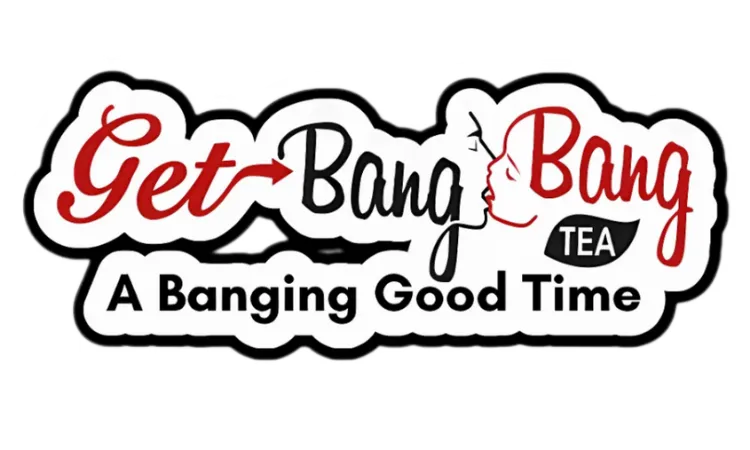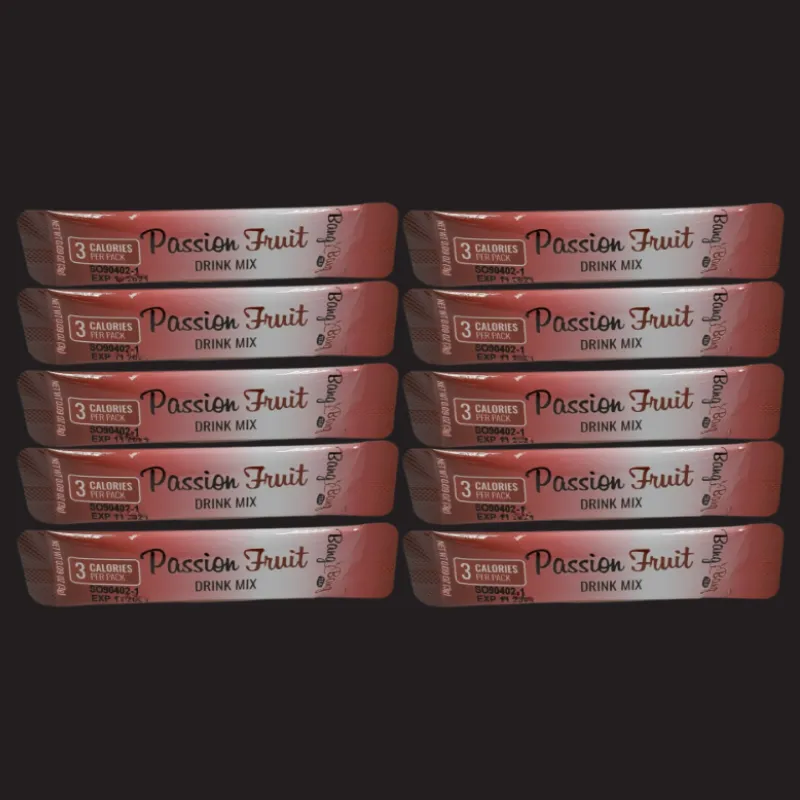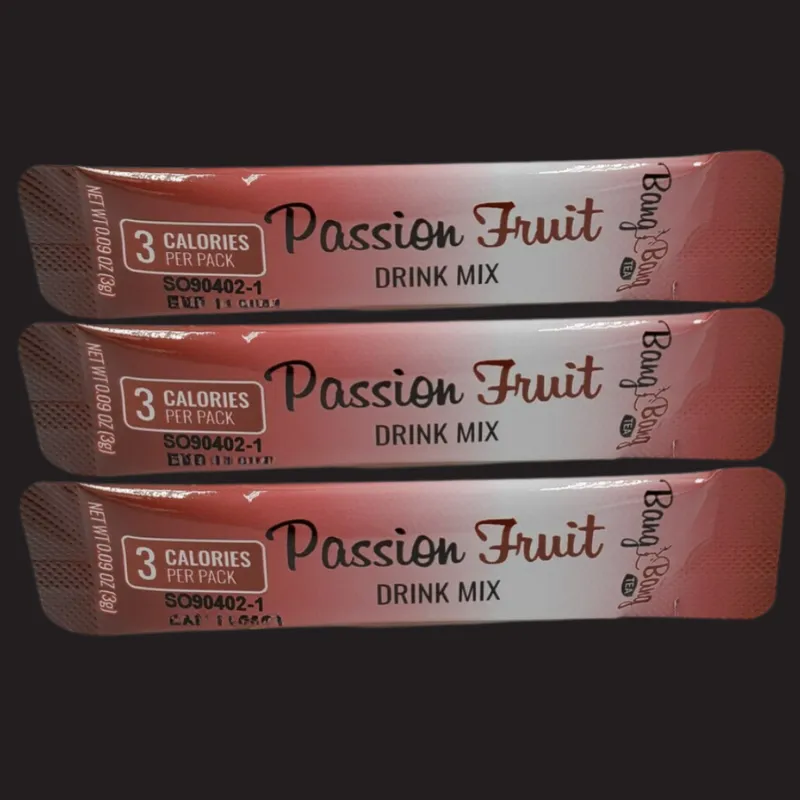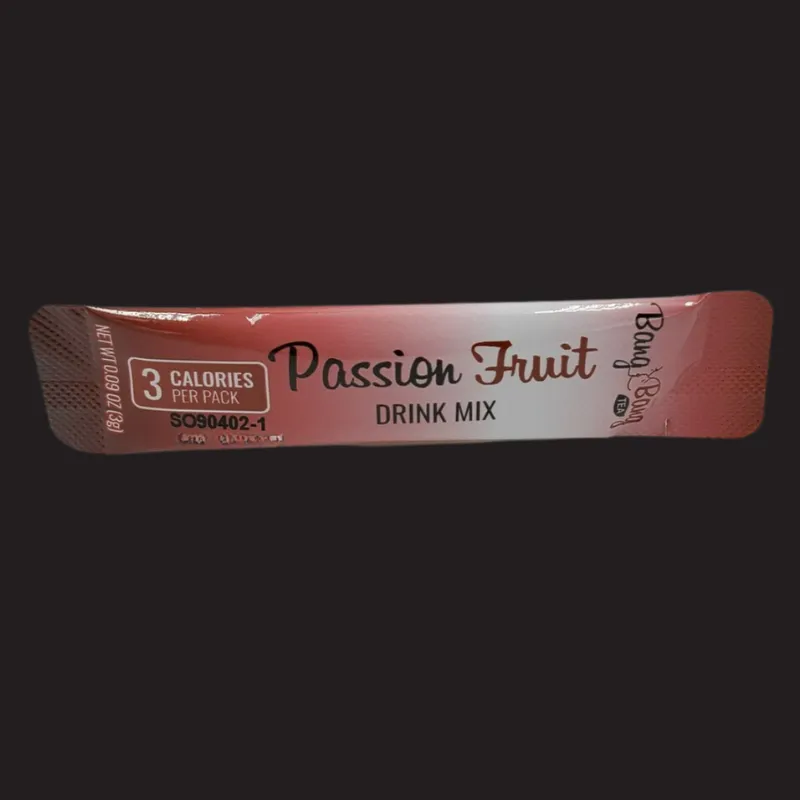Thanks for your patience. We’re refreshing our site and currently out of stock.
Subscribers will be emailed as soon as we’re restocked.
The bedroom's best kept secret... until now.
It's More Than a Drink
it's a bedroom upgrade.
Thanks for your patience.
We’re refreshing our site and currently out of stock.
Subscribers will be emailed as soon as we’re restocked.
The bedroom’s best-kept secret
...until now.
Intimacy Isn't just for him or her...
it's for both of you.
Ready To Turn Up The Heat In Your Bedroom?
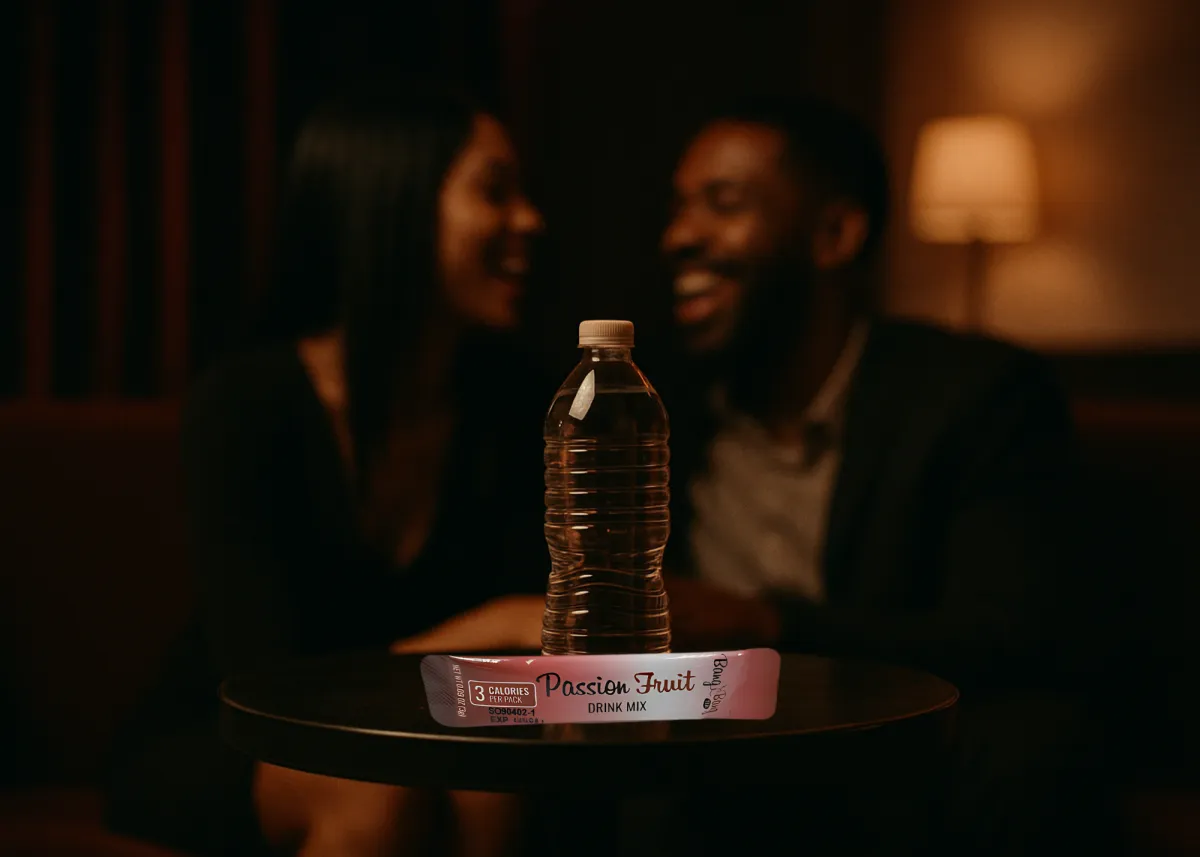
if you know, you know.

if you know, you know.
(And if you don't...
well you're about to.)
Bang Bang Tea is a fast-acting, all natural libido booster that works for both men and women. Forget routines that feel stale... this blend brings back desire, stamina and connection.
Just mix it, sip it, and let your body remember what it's capable of.
We could tell you more, but it's better when you feel it for yourself.
